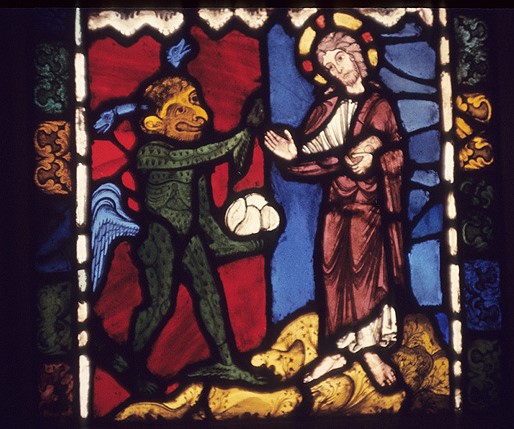– Rev José Mario O Mandía
Jesus stayed on for forty days – long enough for the disciples to prove to themselves that Jesus had really risen from the dead. Then it was time for Him to go back home.
“And when he had said this, as they were looking on, he was lifted up, and a cloud took him out of their sight. And while they were gazing into heaven as he went, behold, two men stood by them in white robes, and said, ‘Men of Galilee, why do you stand looking into heaven? This Jesus, who was taken up from you into heaven, will come in the same way as you saw him go into heaven.’” (Acts 1:9-11; cf Mark 16:19; Luke 24:51; John 14:28).
What do we mean in the Creed when we say that Jesus “sits at the right hand of the Father”? This is best explained by the prophet Daniel (7:14): “To him was given dominion and glory and kingdom, that all peoples, nations, and languages should serve him; his dominion is an everlasting dominion, which shall not pass away, and his kingdom one that shall not be destroyed.”
The CCCC (no 132) teaches that in heaven, Christ “now in his humanity reigns in the everlasting glory of the Son of God and constantly intercedes for us before the Father. He sends us his Spirit and he gives us the hope of one day reaching the place he has prepared for us.”
Christ’s reign is not an earthly one. He Himself affirmed, “My kingdom is not of this world” (John 18:36). So how does He reign? “As the Lord of the cosmos and of history, the Head of his Church, the glorified Christ mysteriously remains on earth where his kingdom is already present in seed and in its beginning in the Church. One day he will return in glory but we do not know the time. Because of this we live in watchful anticipation, praying ‘Come, Lord’ (Revelation 22:20)” (CCCC 133).
We can let Christ reign in us now by confessing all our mortal or grave sins and thus obtaining sanctifying grace. Jesus Christ reigns in our hearts and souls through grace. But the final reign of Christ is still to come (cf CCC 671). We are in a time of trial and waiting and of distress (cf CCC 672). The time of His final coming is not known to us (cf CCC 673) and the Church must pass a final trial which will shake the faith of believers (CCC 676).
“After the final cosmic upheaval of this passing world, the glorious coming of Christ will take place. Then will come the definitive triumph of God in the parousia and the Last Judgment” (CCCC 134).
What does “parousia” mean? This Greek word can be translated as “arrival,” “coming,” “presence,” or “official visit.” It occurs 24 times in the New Testament, and in 18 of these occasions, it refers to the last days. This parousia of Christ as Judge will signal the Final (or Last) Judgment.
The Last Judgment is the moment which we should look forward to. In this life, we often do not understand the injustices in our life. When Jesus comes, He will reveal the whole truth and will bring full justice. Only He is the ultimate Judge because He is God, who knows everything.
“Christ will judge with the power he has gained as the Redeemer of the world who came to bring salvation to all. The secrets of hearts will be brought to light as well as the conduct of each one toward God and toward his neighbor. Everyone, according to how he has lived, will either be filled with life or damned for eternity. In this way, ‘the fullness of Christ’ (Ephesians 4:13) will come about in which ‘God will be all in all’ (1 Corinthians 15:28)” (CCCC 135).
What about the antichrist? Many people identify the “antichrist” with some person. The antichrist, however, is a pseudo-messianism by which man glorifies himself in place of God and of his Messiah come in the flesh (cf CCC 676). The antichrist’s deception happens every time someone makes the claim that he can turn this earth into a heaven (cf CCC 677). Such is what secularism does, for example. It makes man forsake God and concentrate all his efforts on building an earthly paradise. Christ’s final coming will be preceded by one last assault of the powers of evil (cf CCC 680).


 Follow
Follow


